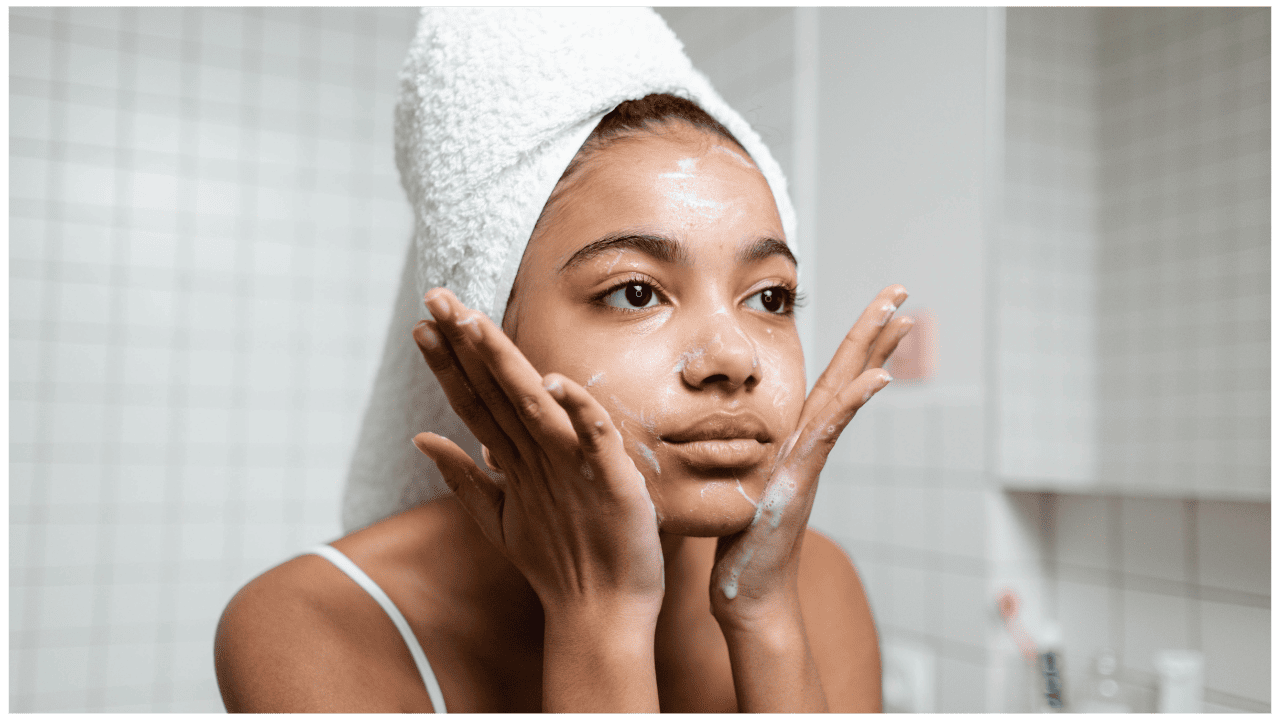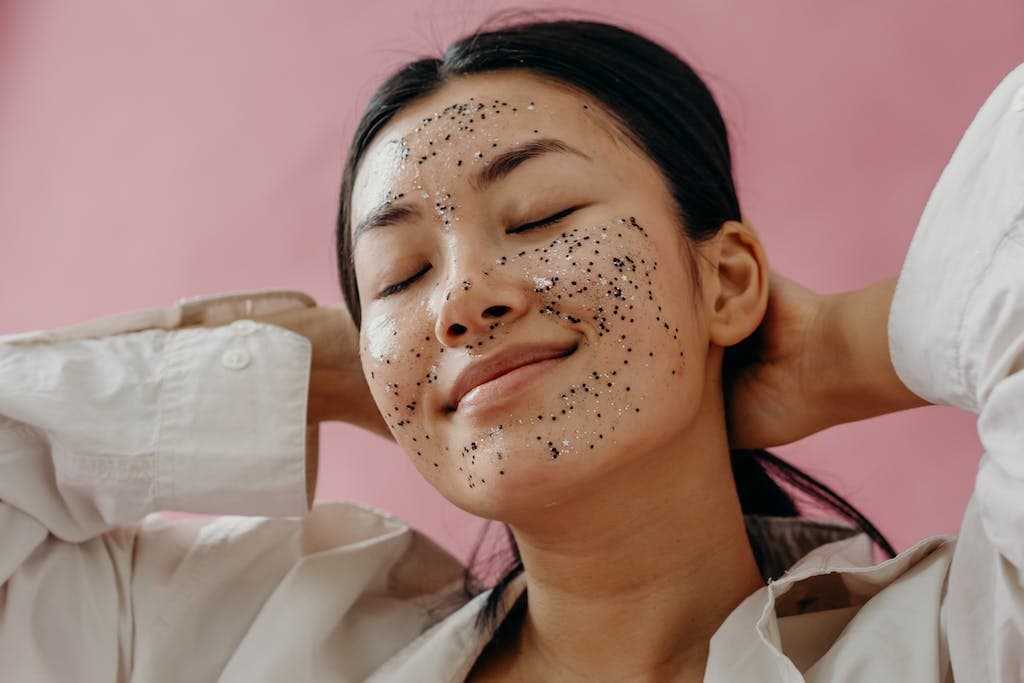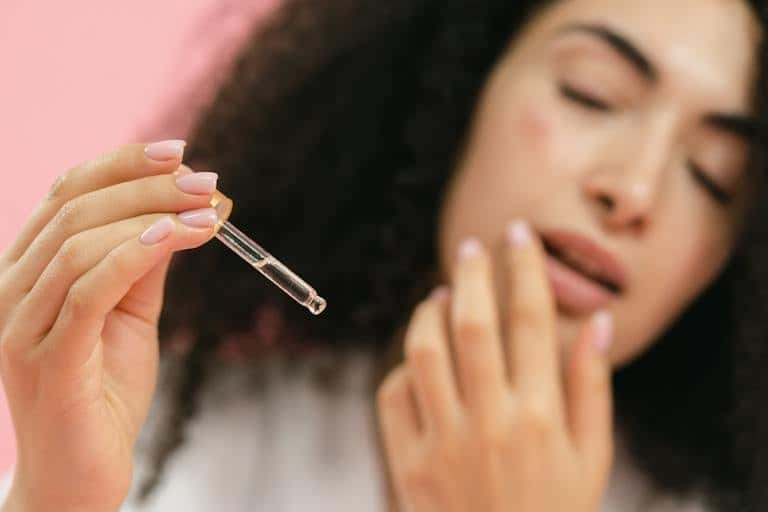Skincare is an essential part of one’s daily routine, and many people wonder how often they should be doing it. While some people swear by a twice-daily skincare routine, others argue that it’s unnecessary and can even be harmful. So, should skincare be done twice a day? The answer is not a simple one, as it depends on various factors such as skin type, lifestyle, and the products used.

Understanding the Importance of Skincare Frequency
The skin is the largest organ of the body and plays a vital role in protecting us from external elements. Skincare helps maintain the skin’s health and prevent premature aging, acne, and other skin conditions. However, overdoing it can lead to irritation, dryness, and even breakouts. Therefore, it’s essential to find a balance and understand how often your skin needs to be taken care of.
Selecting the Right Skincare Products and Practices
When it comes to skincare, one size does not fit all. It’s crucial to choose products and practices that suit your skin type and address your specific concerns. For example, people with oily skin may benefit from using a cleanser twice a day, while those with dry skin may only need to cleanse once a day. Similarly, using too many products or harsh ingredients can do more harm than good, so it’s essential to be mindful of what you’re putting on your skin.
Key Takeaways
- Skincare frequency depends on various factors such as skin type and lifestyle.
- It’s essential to find a balance between underdoing and overdoing skincare.
- Choosing the right products and practices is crucial for maintaining healthy skin.
Understanding the Importance of Skincare Frequency

Taking care of your skin is an essential part of maintaining a healthy and youthful appearance. One of the most common questions asked by people is how often they should be doing their skincare routine. In this section, we will explore the importance of skincare frequency, including determining your skin type, the role of morning skincare, and the significance of evening skincare.
Determining Your Skin Type
Before deciding on how often to do your skincare routine, it is crucial to understand your skin type. There are four main skin types: oily, dry, combination, and sensitive. Each skin type requires different care and attention. For example, oily skin tends to produce more sebum, which can lead to acne, while dry skin requires more hydration to prevent flakiness and irritation.
The Role of Morning Skincare
Morning skincare routines are essential to prepare the skin for the day ahead. Cleansing the skin in the morning helps to remove any dirt or oil that may have accumulated overnight. It also helps to unclog pores and prevent breakouts. After cleansing, it is important to apply a moisturizer with SPF to protect the skin from harmful UV rays.
The Significance of Evening Skincare
Evening skincare routines are just as important as morning routines. During the day, the skin is exposed to pollution, dirt, and other environmental factors that can damage the skin. Cleansing the skin in the evening helps to remove any impurities and makeup that may have accumulated throughout the day. After cleansing, it is important to apply a moisturizer to hydrate the skin and prevent dryness.
In conclusion, skincare frequency is an essential component of maintaining healthy and youthful-looking skin. Determining your skin type is crucial in deciding how often to do your skincare routine. Morning and evening skincare routines are equally important in preparing the skin for the day ahead and repairing any damage that may have occurred during the day.
Selecting the Right Skincare Products and Practices

When it comes to skincare, selecting the right products and practices is essential for maintaining healthy and radiant skin. There are several factors to consider when choosing skincare products, including skin type, concerns, and age.
Choosing Appropriate Cleansers and Moisturizers
Cleansing and moisturizing are the two most fundamental steps in any skincare routine. It is essential to choose a cleanser that is gentle, non-comedogenic, and effective at removing dirt and impurities without stripping the skin of its natural oils. Oil-based cleansers are ideal for removing makeup and sunscreen, while water-based cleansers are suitable for removing dirt and sweat.
Moisturizers are essential for keeping the skin hydrated and preventing dryness and flakiness. It is important to choose a facial moisturizer that is suitable for your skin type and concerns. For instance, a moisturizer with hyaluronic acid is ideal for dry and dehydrated skin, while a lightweight, oil-free moisturizer is best for oily skin.
Incorporating Treatments and Serums
In addition to cleansing and moisturizing, incorporating treatments and serums into your skincare routine can help address specific concerns such as acne, hyperpigmentation, and fine lines. Salicylic acid and benzoyl peroxide are effective ingredients for treating acne, while glycolic acid and retinol are ideal for addressing fine lines and wrinkles.
Serums are also an excellent addition to any skincare routine as they contain high concentrations of active ingredients that can penetrate deep into the skin. Antioxidant serums such as vitamin C can help protect the skin against environmental damage, while hyaluronic acid serums can help hydrate and plump the skin.
Addressing Common Skincare Concerns
Skincare concerns such as dark circles, puffiness, and fine lines around the eyes can be addressed with the use of eye creams. It is important to choose an eye cream that is gentle and non-irritating and contains ingredients such as caffeine and vitamin K to reduce puffiness and dark circles.
Sunscreen is also an essential component of any skincare routine as it helps protect the skin against UVA and UVB rays that can cause sun damage and premature aging. It is important to choose a broad-spectrum sunscreen with an SPF of at least 30 and to reapply every two hours when exposed to the sun.
In conclusion, selecting the right skincare products and practices is essential for maintaining healthy and radiant skin. By choosing appropriate cleansers and moisturizers, incorporating treatments and serums, and addressing common skincare concerns, you can achieve the best possible results for your skin.
Frequently Asked Questions
What are the benefits of washing your face twice daily?
Washing your face twice a day can help to remove excess oil, dirt, and makeup from your skin, which can help to prevent clogged pores and acne breakouts. It can also help to improve the overall appearance of your skin by promoting a healthy, glowing complexion. Additionally, washing your face in the morning can help to remove any dead skin cells that have accumulated overnight, while washing your face at night can help to remove any pollutants or environmental toxins that may have accumulated on your skin throughout the day.
Can washing your face too often cause damage to your skin?
Washing your face too often or using harsh cleansers can strip your skin of its natural oils, which can lead to dryness, irritation, and inflammation. This can cause your skin to produce more oil to compensate, which can lead to clogged pores and acne breakouts. However, washing your face twice a day with a gentle cleanser can help to remove excess oil and impurities without stripping your skin of its natural moisture.
How does skin type affect the frequency of facial cleansing?
The frequency of facial cleansing can vary depending on your skin type. People with oily skin may benefit from washing their face twice a day to help control excess oil production and prevent acne breakouts. People with dry or sensitive skin may benefit from washing their face once a day or every other day to avoid stripping their skin of its natural oils. It is important to use a gentle cleanser that is appropriate for your skin type and to avoid using hot water or harsh scrubbing motions, which can further irritate your skin.






